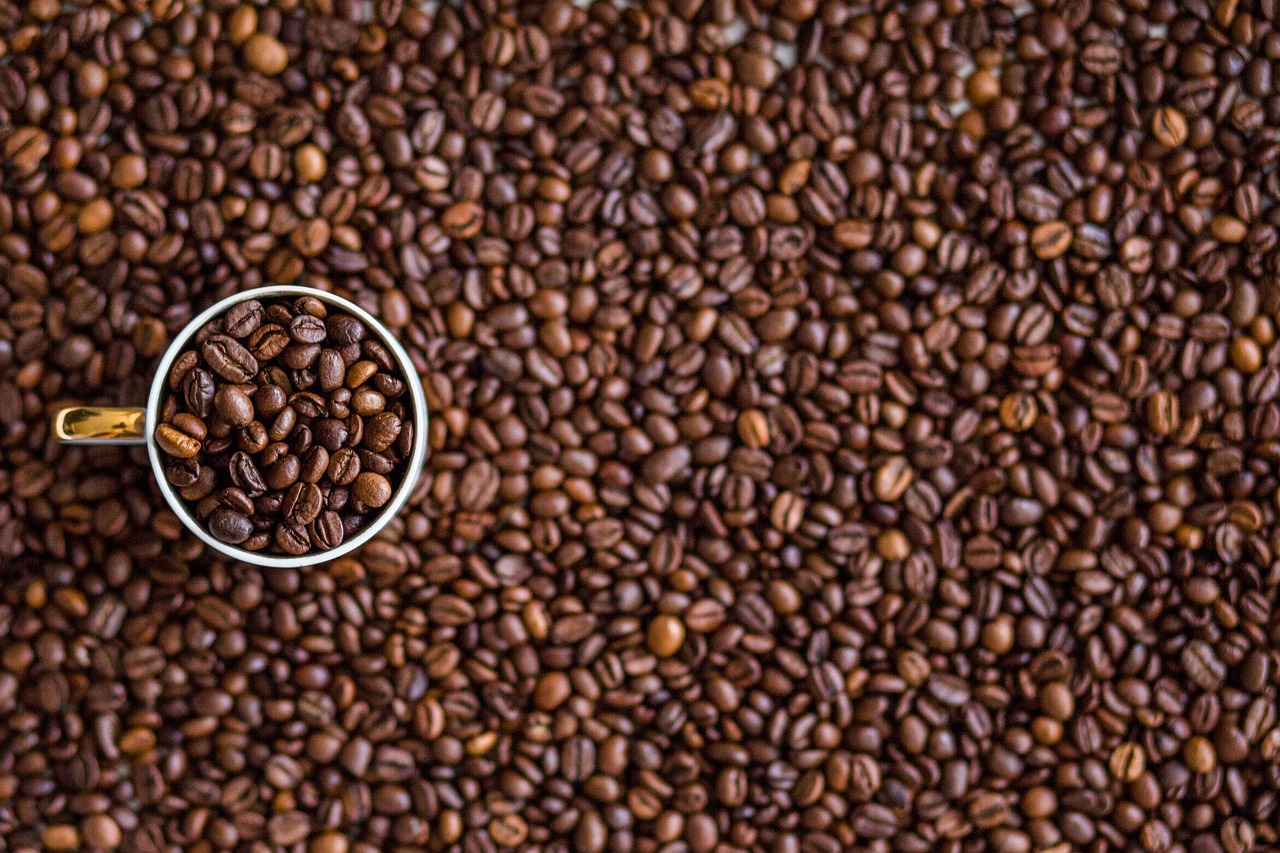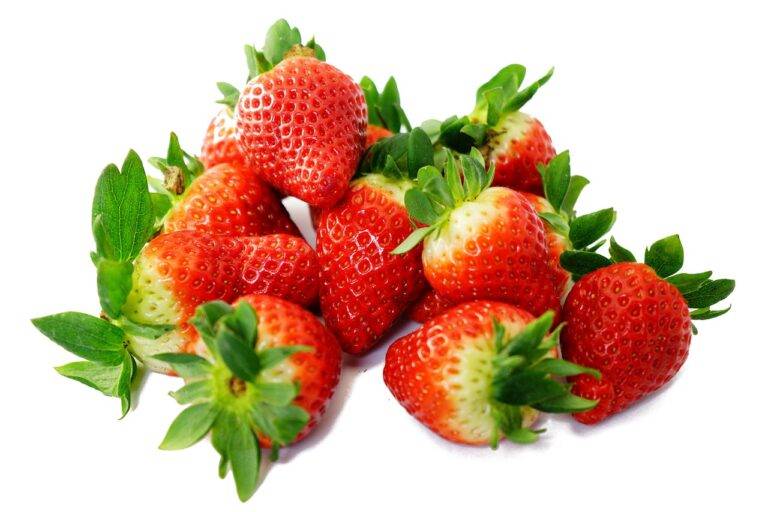Sustainable Livestock Feed Practices: Non-GMO and Organic Feed Alternatives
Non-GMO livestock feed is gaining popularity among farmers and consumers alike for several reasons. By opting for non-genetically modified feed, farmers are able to provide their animals with a more natural and wholesome diet, free from the potential risks associated with GMOs. This can lead to healthier livestock that may require less medication and veterinary interventions, ultimately reducing the need for antibiotics and other pharmaceuticals in animal agriculture. Additionally, choosing non-GMO feed can help to support sustainable farming practices and promote biodiversity in agricultural systems.
Furthermore, non-GMO livestock feed is often considered to be more environmentally friendly compared to GMO feed options. By avoiding genetically modified ingredients, farmers can help reduce the overall environmental impact of their operations, including mitigating the potential risks associated with genetic modification and pesticide use. This can lead to a healthier ecosystem, improved soil quality, and reduced contamination of air, water, and soil, contributing to a more sustainable and ethical approach to animal agriculture.
Understanding the Environmental Impact of Organic Feed
When it comes to organic feed, the environmental impact is a crucial factor to consider. Organic feed production typically relies on sustainable farming practices that prioritize soil health, biodiversity, and natural resources conservation. By avoiding synthetic pesticides, herbicides, and genetically modified organisms (GMOs), organic feed helps to reduce chemical input in agriculture, minimizing harmful effects on ecosystems and wildlife.
Additionally, organic feed production encourages crop rotation and the use of cover crops, which promote soil fertility and water retention. This holistic approach not only benefits the environment by reducing soil erosion and improving water quality but also contributes to climate change mitigation. Organic feed helps to sequester carbon in the soil, aiding in the fight against global warming and promoting a more sustainable food system overall.
The Importance of Choosing Sustainable Feed Options
Choosing sustainable feed options is crucial for both the health of livestock and the environment. By opting for feeds that are produced in an eco-friendly manner, farmers can reduce their carbon footprint and contribute to the overall sustainability of their operations. Sustainable feed options often come from sources that are grown and harvested using methods that prioritize soil health, biodiversity, and water conservation.
Additionally, sustainable feeds tend to be free from harmful chemicals, pesticides, and synthetic additives. This not only benefits the health and well-being of the animals consuming the feed but also ensures that these potentially harmful substances do not end up contaminating the soil, water sources, or the food chain. Ultimately, choosing sustainable feed options is a proactive step towards creating a more environmentally friendly and ethically responsible livestock farming industry.
Sustainable feed options are crucial for the health of livestock and the environment
These feeds are produced in an eco-friendly manner, reducing carbon footprint
Methods used prioritize soil health, biodiversity, and water conservation
Sustainable feeds are free from harmful chemicals, pesticides, and synthetic additives
Benefits include improved animal health and well-being
Helps prevent contamination of soil, water sources, and food chain
Choosing sustainable feed options is a proactive step towards creating a more environmentally friendly livestock farming industry.
What is the main benefit of choosing non-GMO livestock feed?
Non-GMO livestock feed helps promote animal health and can reduce the risk of potential health issues for both the animals and consumers.
How does organic feed impact the environment?
Organic feed production typically involves sustainable farming practices that help reduce environmental impact, such as minimizing synthetic inputs and promoting soil health.
Why is it important to choose sustainable feed options?
Choosing sustainable feed options helps support ethical farming practices, reduces the environmental footprint of livestock production, and promotes the health and well-being of both animals and consumers.







